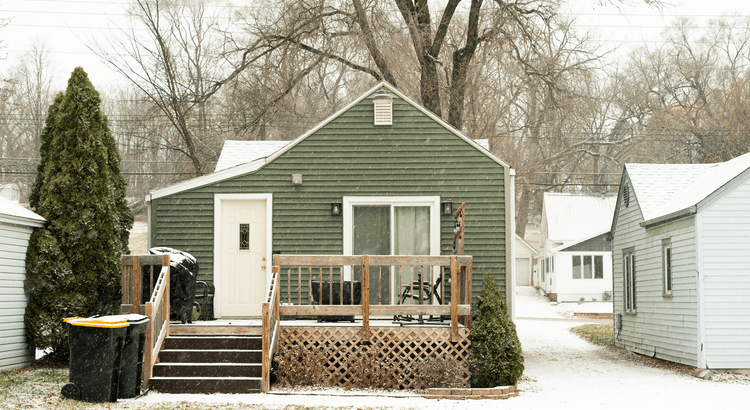Housing Affordability Still High, For Now
Home prices may have been on the rise the last few years, but homes are still more affordable now than they were in the pre-bubble years, according to the latest Mortgage Monitor Report released by Black Knight Financial Services.
Read more: Home Affordability Shows Some Improvement
Households are using 21 percent of the national median income to pay a mortgage on a median-priced home. In 2000-2002, the average payment-to-income ratio was 26 percent, and in 2006, it was 33 percent.
However, Black Knight’s report warns that if home prices continue to increase – as they have year-over-year for 43 consecutive months – the affordability picture in home ownership could start to change in two years.
Black Knight factored in a continuing 5.5 percent annual home price appreciation as well as interest rate rises of 50 basis points a year. Under that scenario, “we see that in two years home affordability will be pushing the upper bounds of that pre-bubble average,” says Ben Graboske, senior vice president at Black Knight Data and Analytics. “At the state level under that same scenario, eight states would be less affordable than 2000-2002 levels within 12 months and 22 states would be within 24 months.”
Graboske notes that Hawaii and Washington, D.C., in particular, are already less affordable than they were during the pre-bubble era. On the other hand, he says, even after 24 months under this scenario, Michigan – and a few other states – would still be much more affordable by the end of 2017 than it was in the early 2000s.
Within 12 months, the average mortgage payment is expected to rise by $114, which would then require 24 percent of a household’s monthly income – still below the 2000-2002 levels, according to Black Knight. But by the end of 2017, monthly mortgage payments are expected to be $240 more than today, which would push the tally to 26.5 percent of a household’s income and the upper levels of the pre-bubble averages, the report notes.
Source: Black Knight Financial Services


No comments:
Post a Comment